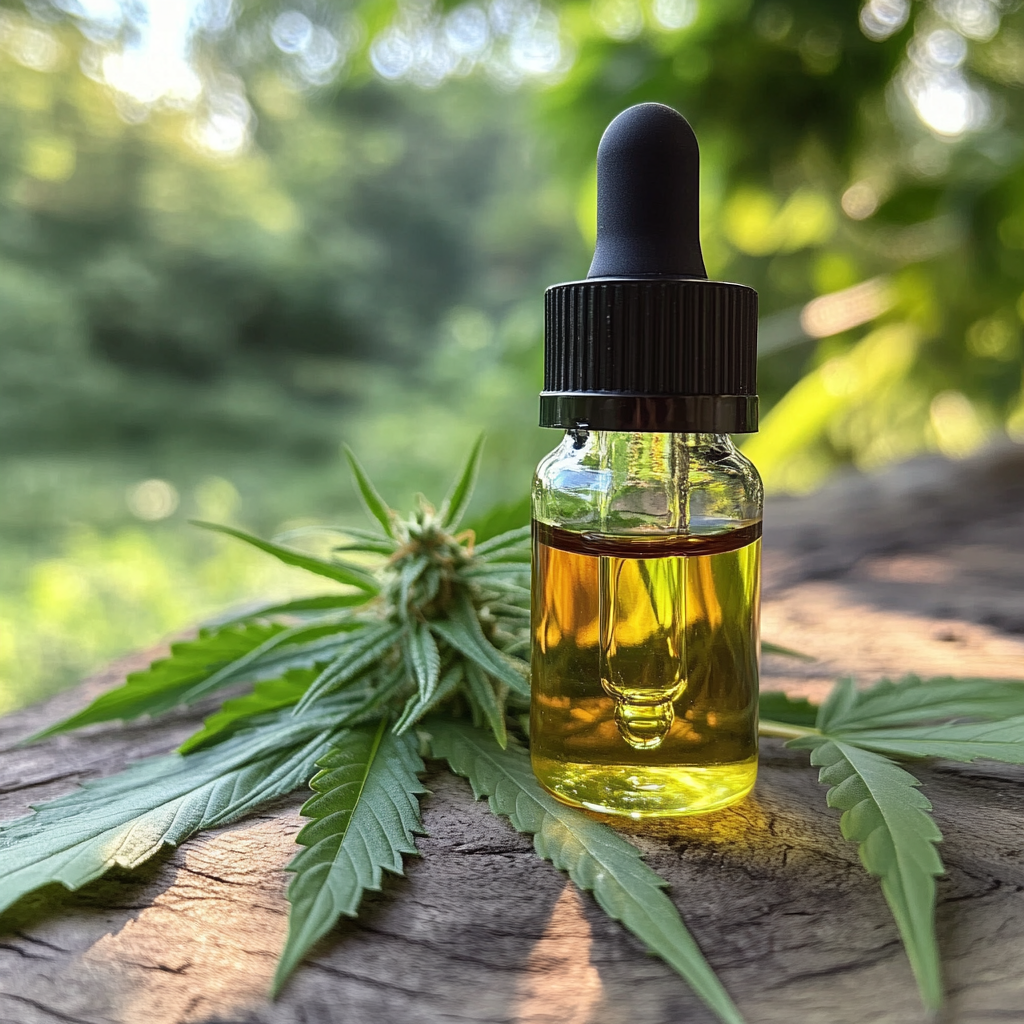
How CBD Oil Works Naturally
In recent years, CBD oil has gained significant attention for its potential health benefits. Derived from the cannabis plant, CBD, or cannabidiol, is a non-psychoactive compound that interacts with the body’s endocannabinoid system. This article explores how CBD oil works naturally, providing insights into its mechanisms and potential applications.
The Endocannabinoid System: A Brief Overview
The endocannabinoid system (ECS) is a complex cell-signaling system present in all mammals. It plays a crucial role in regulating various physiological processes, including mood, appetite, sleep, and immune response. The ECS comprises three main components:
- Endocannabinoids: These are naturally occurring compounds in the body that bind to cannabinoid receptors.
- Cannabinoid Receptors: Found throughout the body, these receptors are primarily of two types: CB1 and CB2. CB1 receptors are mainly located in the brain and central nervous system, while CB2 receptors are found in the peripheral organs and immune cells.
- Enzymes: These break down endocannabinoids once they have fulfilled their function.
CBD interacts with the ECS by influencing these components, although its exact mechanisms are still being studied.
How CBD Interacts with the Endocannabinoid System
Unlike THC, the psychoactive compound in cannabis, CBD does not bind directly to CB1 or CB2 receptors. Instead, it is believed to modulate the receptors’ activity and enhance the body’s natural endocannabinoid levels. This modulation can lead to various therapeutic effects.
Modulation of Receptor Activity
CBD is thought to alter the shape of CB1 receptors, reducing their ability to bind with THC. This can mitigate the psychoactive effects of THC, making CBD a potential option for those seeking the benefits of cannabis without the high.
Inhibition of Enzymes
CBD may inhibit the enzyme fatty acid amide hydrolase (FAAH), which breaks down anandamide, a key endocannabinoid. By preventing the breakdown of anandamide, CBD can increase its levels in the body, potentially enhancing mood and reducing pain.
Potential Health Benefits of CBD Oil
Research into CBD oil’s effects is ongoing, but several studies suggest it may offer a range of health benefits. Some of the most promising areas include:
Pain Relief
CBD’s interaction with the ECS may help reduce chronic pain by influencing endocannabinoid receptor activity and reducing inflammation. A study published in the European Journal of Pain found that CBD applied topically could help lower pain and inflammation due to arthritis.
Anxiety and Depression
CBD has shown promise in reducing anxiety and depression in both human and animal studies. A study in the Journal of Psychopharmacology found that CBD could reduce anxiety in individuals with social anxiety disorder. Its potential to enhance serotonin receptor activity may contribute to these effects.
Neuroprotective Properties
CBD’s ability to interact with the ECS and other brain signaling systems may provide benefits for those with neurological disorders. Research has shown that CBD may reduce seizures in individuals with epilepsy, leading to the approval of Epidiolex, a CBD-based medication, by the FDA.
Skin Health
CBD’s anti-inflammatory properties may benefit skin health. Studies suggest it could help treat conditions like acne by reducing sebum production and preventing the activation of inflammatory cytokines.
Case Studies and Real-World Applications
Several case studies highlight CBD oil’s potential benefits. For instance, a 2019 case study published in The Permanente Journal reported that CBD oil reduced anxiety and improved sleep in a young girl with post-traumatic stress disorder (PTSD). Another case study in Frontiers in Neurology found that CBD oil reduced seizure frequency in a patient with epilepsy.
Statistics and Market Trends
The growing interest in CBD oil is reflected in market trends. According to a report by Grand View Research, the global CBD market size was valued at USD 2.8 billion in 2020 and is expected to expand at a compound annual growth rate (CAGR) of 21.2% from 2021 to 2028. This growth is driven by increasing consumer awareness and the legalization of cannabis in various regions.
Conclusion
CBD oil’s natural interaction with the endocannabinoid system offers a promising avenue for various health benefits. From pain relief to anxiety reduction, its potential applications are vast and varied. While research is still in its early stages, the existing evidence suggests that CBD oil could be a valuable addition to natural health and wellness strategies. As the market continues to grow, further studies will likely shed more light on its mechanisms and benefits.